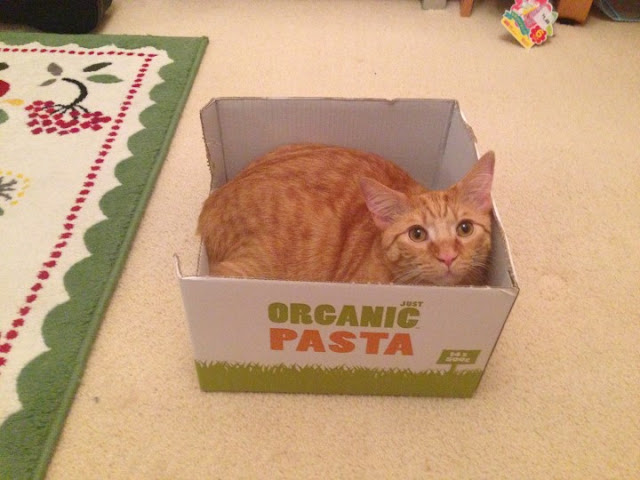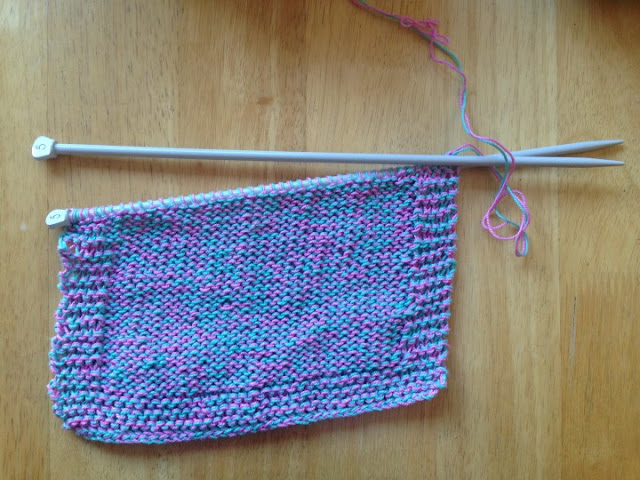The month of September is
Organic Awareness Month here in Australia and I wanted to share some tips on buying good quality organic food at affordable prices. Sometimes I think we can automatically assume organic food is too expensive, but it is starting to get cheaper and more widespread. As people are becoming more aware of what we put into our bodies and how closely that is connected to our physical and mental health, organic food is becoming more affordable and available. I want to share with you some ways we eat organically at a reasonable price. I estimate our diet is approximately 30-40 percent organic. At least one ingredient in our meals we prepare is organic, often more. It has been a gradual change for us over the past three to four years and I am still now finding more ways to include organic foods into our diet.
 |
| Homegrown Organic Herbs |
Why do I think it is important to eat organically? Organic food tastes so much better, there are no chemicals or pesticides used, the animals are treated more humanely and have a happier life. It is better for our planet. Our soil gets a chance to rejuvenate, allowing it contain the right amount of trace minerals to produce healthy, nutritious food. It is so much better for our health and the health of our growing children. In an era where chronic illness is becoming more and more prevalent we have to do everything we can to protect ourselves and our families. Have you ever tasted an organic apple? They are always so delicious, as are many other organic foods. Meats like chicken and beef are always more tender. Here are some of my tips for you to eat organically, affordably.
1. Check out the organic ranges in the supermarkets. Woolworths, Coles and Aldi all have organic items that are reasonably priced. We buy organic rice, oats, tinned tomatoes, tinned beans and chickpeas, flour, pasta and more from the big supermakets. Check out their catalogues aswell. Last week Woolies reduced their flour by fifty cents, so I stocked up, as I am always making bread. Stockpile when specials are on!
 |
Woolworths catalogue this week.
|
 |
| Organic food from Aldi |
2. Always go past the organic fresh produce section and organic meat section in the big supermarkets to see if they have anything marked down. I nearly always find apples at half price (you would pay more for non organic ones at this price). Sometimes you can get whole organic chickens for a much reduced price. Our local fruit store often reduces yoghurt when it is getting close to the use by date. I can buy organic yoghurt for $2.50! Sometimes they reduce their organic eggs to $4 for a dozen and I use them up in quiches or cakes. I also get organic ginger reduced and freeze it.
3. Know your prices. I visit a couple of organic stores every month or so to buy items. I sign up to their email newsletters and I will stock up on specials that are non perishable. Like organic coconut oil, organic tomato passata jars for $1.95 each and organic coconut water. I sometimes find they are cheaper than the supermarkets or vice versa. You have to know your prices.
4. Decide which food you consider to be important to eat organic. Don't be too concerned about buying organic food, if it is a food that you eat occasionally. I figure if it is something you only have here and there, it isn't worth the extra dollars. But foods you consume every day or food that can't be washed to reduce your exposure to the pesticides are more important. Check out
this list from David Suzuki of the Dirty Dozen and the Clean Fifteen
5. Source an organic butcher. Someone once said to me it is more important to buy organic meat than organic fruit or vegetables as you can't wash the antibiotics and pesticides out of the meat. I have found a good organic butcher fairly close by and I visit them every now and then. They are cheaper than buying in the supermarket and most of their meat is local. I can buy organic chicken breast for $20kg there. I also buy organic bones and chicken frames from them to make my bone broths for a very reasonable price.
6. Grow as much as you can. We haven't got a lot of our vegie patches set up yet. But we are still growing herbs which we use daily and kale and silverbeet. Some tomatoes which have self seeded too. It is organic food in your own backyard.
7.Keep chickens. Our chickens provide us with the most delicious organic eggs. We feed them organic grain which isn't too much more expensive than the normal grain and they get some of the greens we grow.
 |
| Delicious organic eggs from Stella our white chicken |
8.Barter and swap with friends, family and neighbours. We swap food with our neighbour, he gives us a varied amount of produce he grows and we sometimes give him eggs or something else we have grown. We visited friends who had lemon trees overflowing with fruit. I juiced them all and ended up with one litre of organic lemon juice in the freezer.
9. Ask for organic foods as a gift! I know I would be so happy to receive a jar of organic coconut oil or some organic treats as a gift, as these things can be so expensive.
10. Shop at Farmers Markets. You can often get excellent quality organic produce at markets.
11.Buy it every second or third shop. Due to budget constraints it isn't always practical to buy organic food. But sometimes I'll decide to do it every now and then. A little is better than none and it all goes to reducing your exposure to harmful pesticides. For example I will buy organic milk sometimes but not always.
12.Let family and friends know you are on the hunt for organic specials. I often have my husband or mother texting me here and there saying they have found some organic items marked down at the supermarket they are in.
13. Use judgement when buying organic. I won't buy an organic product if it is produced overseas (if it can be produced here), has added flavours and preservatives. I wont buy it if it has ingredients I don't recognise or is ridiculously expensive. I am still sensible about it.
14. Meal plan and preserve organic food. When you meal plan you can use up any perishable organic specials you have found. Or store the food by freezing it or cooking it so you don't waste any of the precious goodness.
15. Buy online - sometimes you can save a good amount if you buy some of your regular organic products online. There are several websites such as
Emporio Organico (and so many more) that sell organic food for reasonable prices. Often they will have free shipping from time to time aswell.
16. Do the best you can and don't get too hung up about it. If you can't get something organic, just make the next best choice of what is available. If you can't get organic beef, then try to get grass fed or local beef. It isn't always practical to be running to different shops.
It took me some time to change from the mindset of buying the cheapest food possible to buying good quality organic, local food. But the more I researched, the more I realised how important it was and over the years, I have found ways of making it work for our budget. I do appreciate that we only have one child, I'm not feeding a big family, but even little changes will benefit you and your family. I think sometimes we think we have to do all or nothing, but while writing this post, I have realised just how much I have changed little by little, step by step, item by item. On
David Suzuki's website he says "Committing to cooking whole foods from scratch — alongside careful meal planning, home gardening and food preservation — can largely counteract the cost of organic food purchases". I hope I have provided you with some insights and you have found a few of these tips useful. I would love to hear if you have any other tips to add to this list.
And my last tip is, if you are lucky, you may even be able to find an Organic Pasta Cat like this one!























































